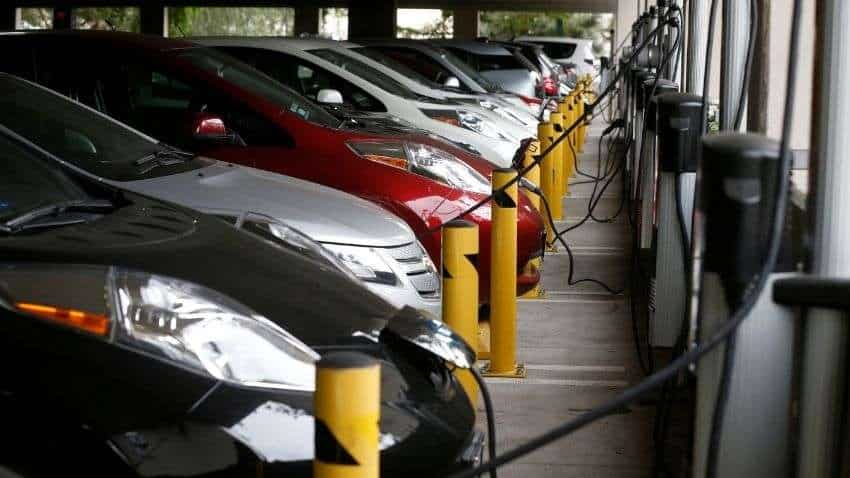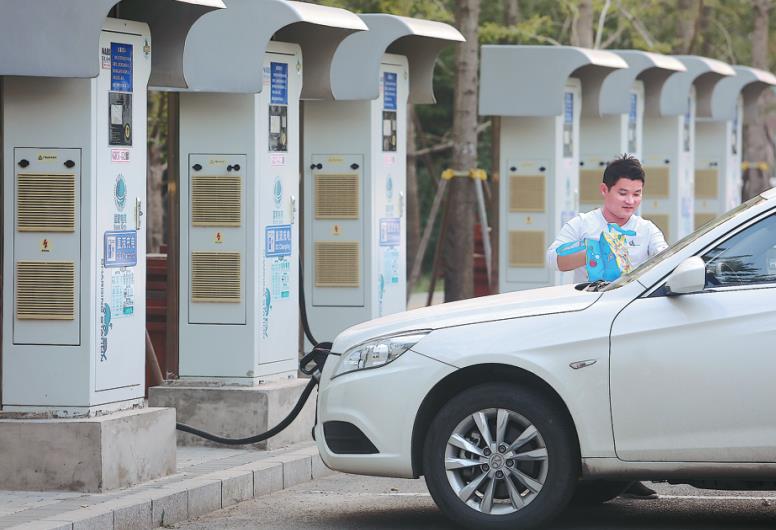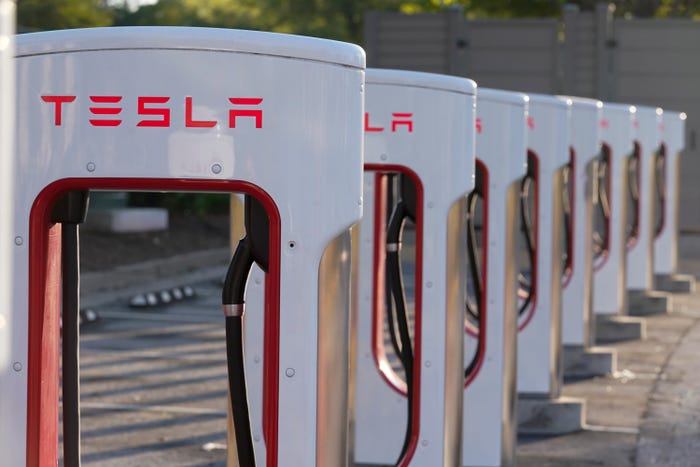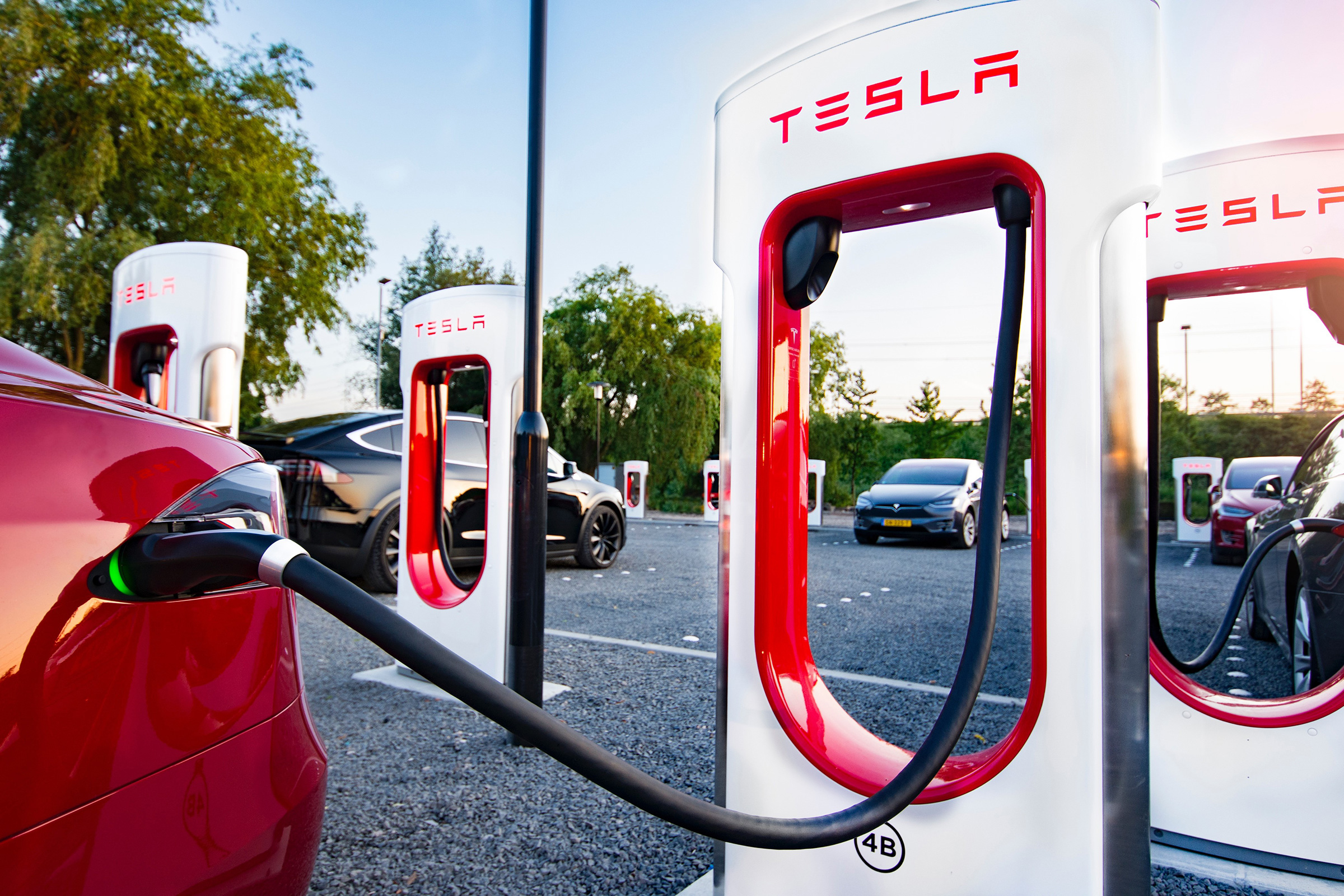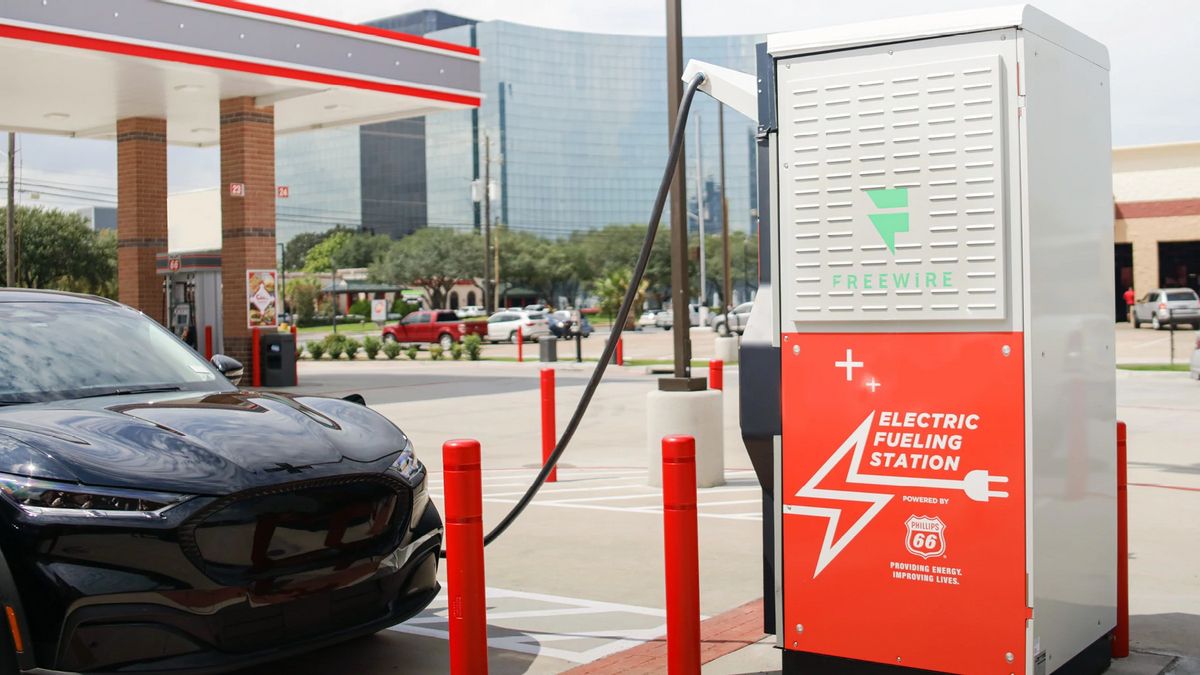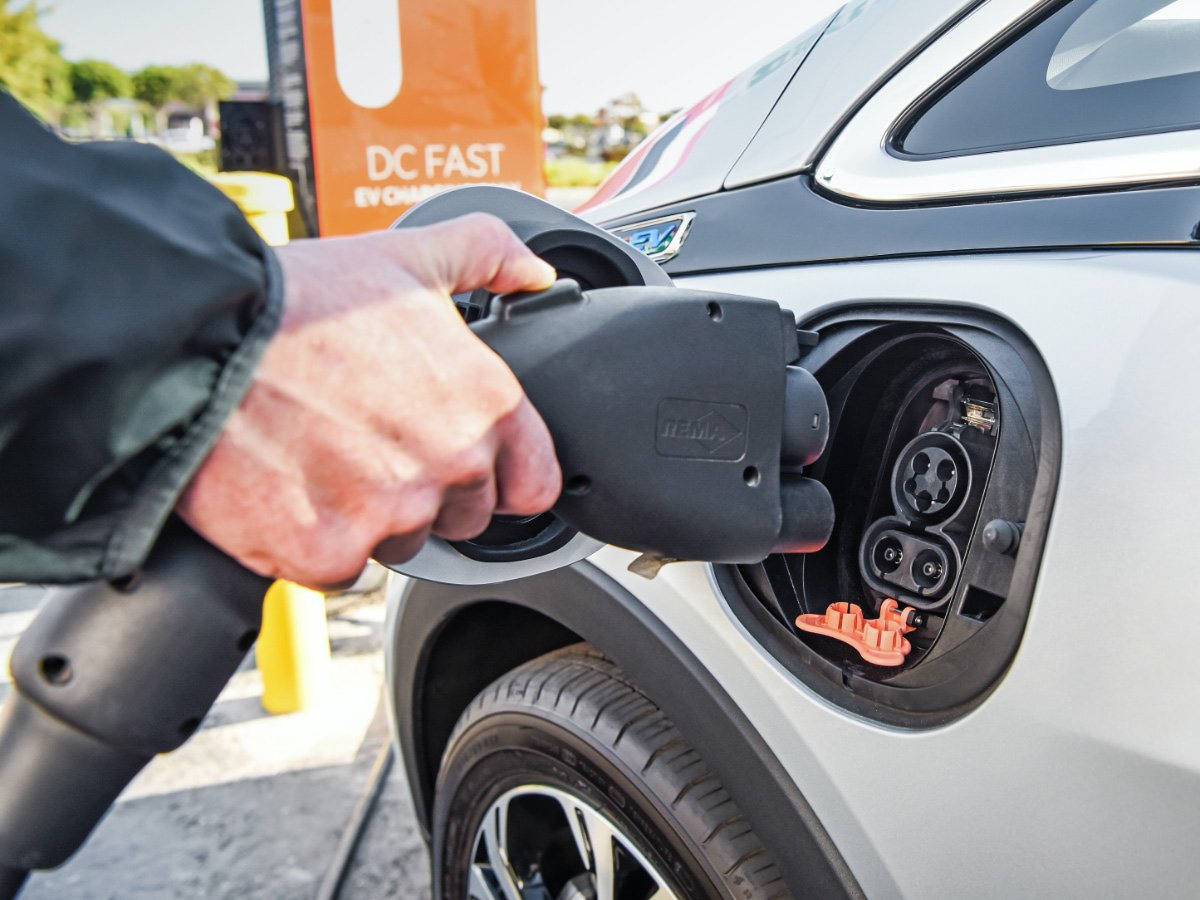Germany is setting up 6.3 billion euros ($6.17 billion) over the next three years to expand the country’s charging network for electric vehicles in hopes of accelerating their electrification targets.
The country’s transport minister on Wednesday presented a “master plan” to expand the electric vehicle charging network that had been endorsed by Chancellor Olaf Scholz’s cabinet earlier in the day.
“We are not just any automotive location, but a leading one in the world. And that’s why it’s important to us that what we’re preparing succeeds well,” Volker Wissing told reporters in Berlin. “We need a forward-looking expansion of the nationwide charging infrastructure that meets demand and is user-friendly.”
In Germany, the electric vehicle share of all newly registered cars is 14.6%, the number growing 24.8% year-on-year, according to data released by the country’s Federal Office for Motor Vehicles.
There are currently 70,000 electric vehicle charging points across Germany, with only 11,000 of them being fast chargers. This amount is said to not be able to meet the rapid growth of electric vehicles in the country. On the other hand, there is a disparity in the number of chargers between large cities and rural areas.
The German government itself targets 1 million publicly accessible charging points in the country by 2030. Private owners of electric vehicles will be given subsidies to install solar panels in their homes to charge their cars.
Another issue that the government wants to tackle is setting up the country’s electricity grid for increased demand as more and more people turn to electric cars.
Europe itself targets to phase out internal combustion cars by 2035. Availability of electric vehicle charging points can help achieve this target.
But the availability of charging points is a problem not only in Germany but almost everywhere across the continent.
EU countries approve climate laws, new cars must be emissions-free after 2035

